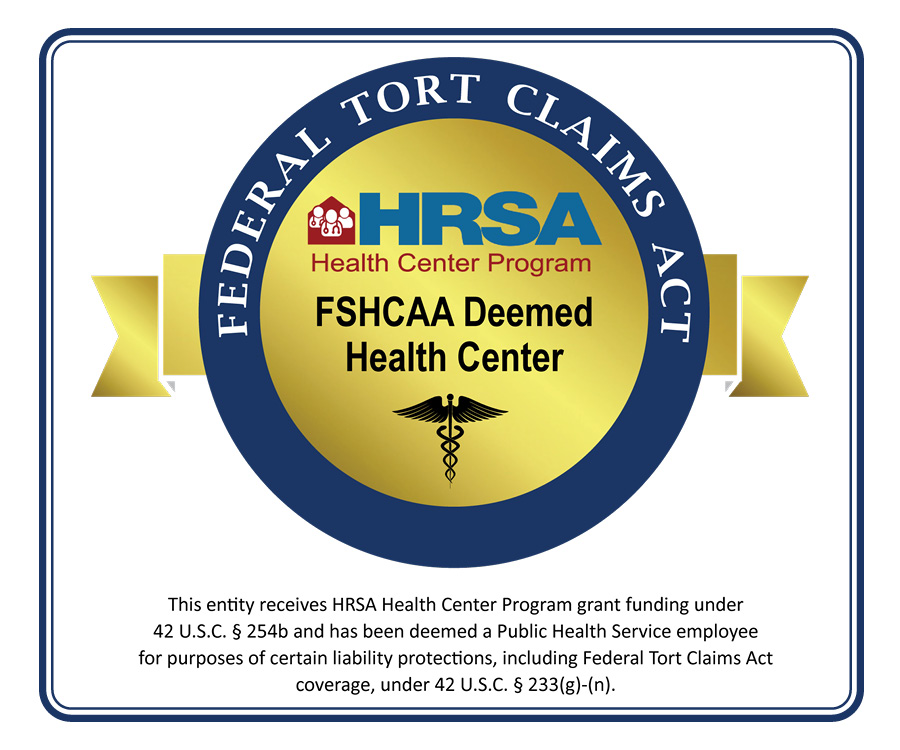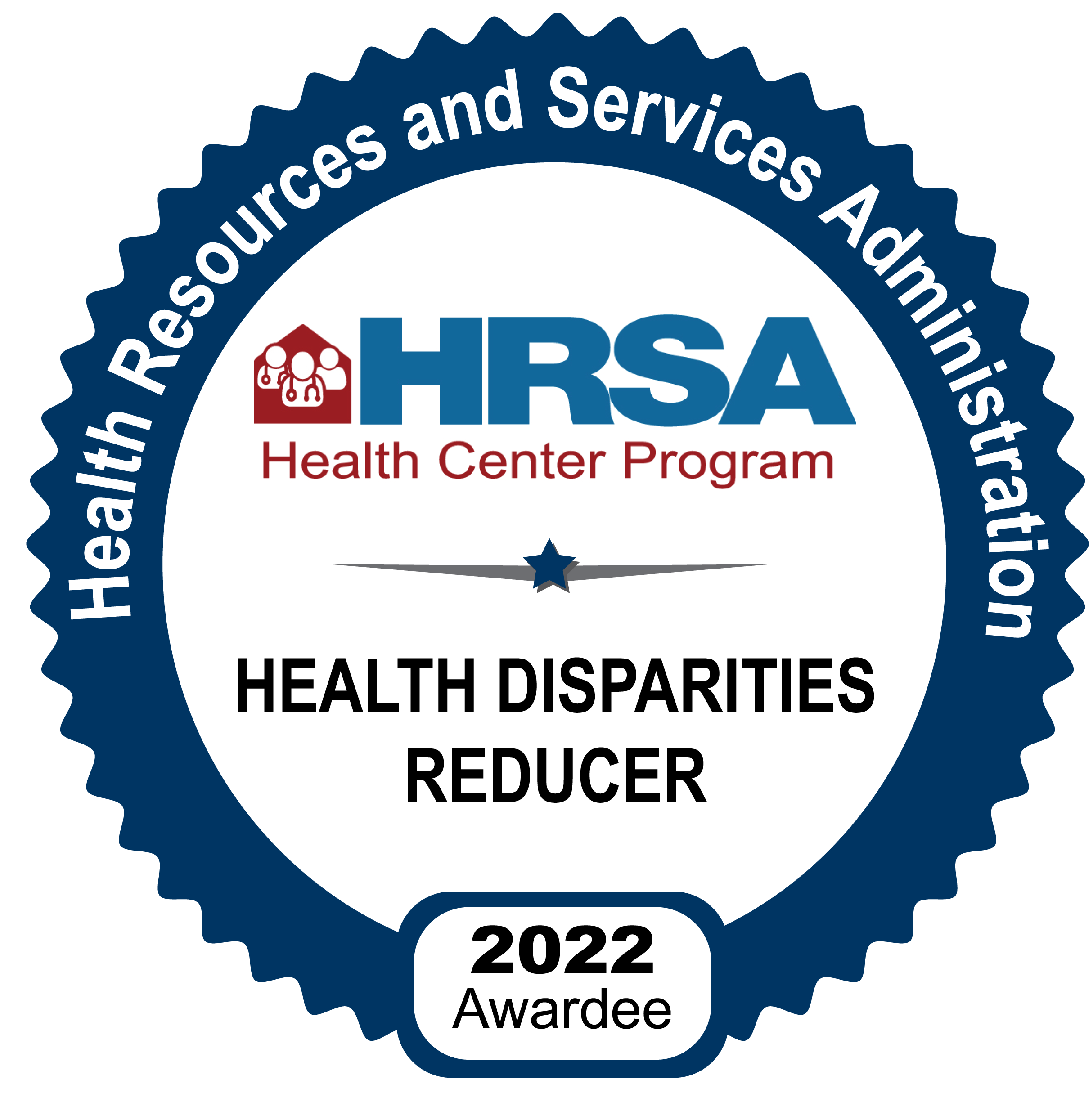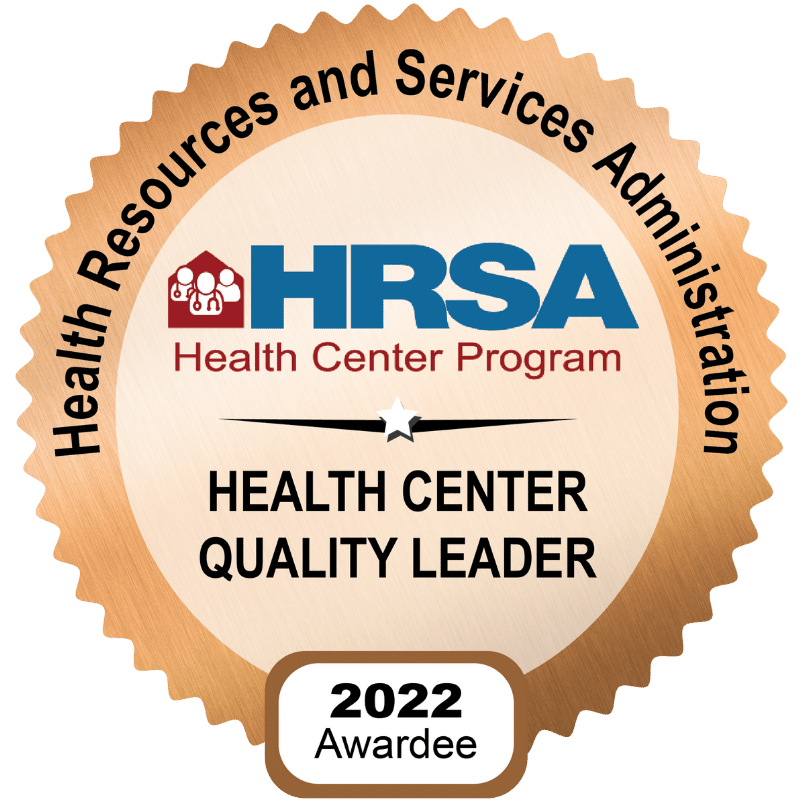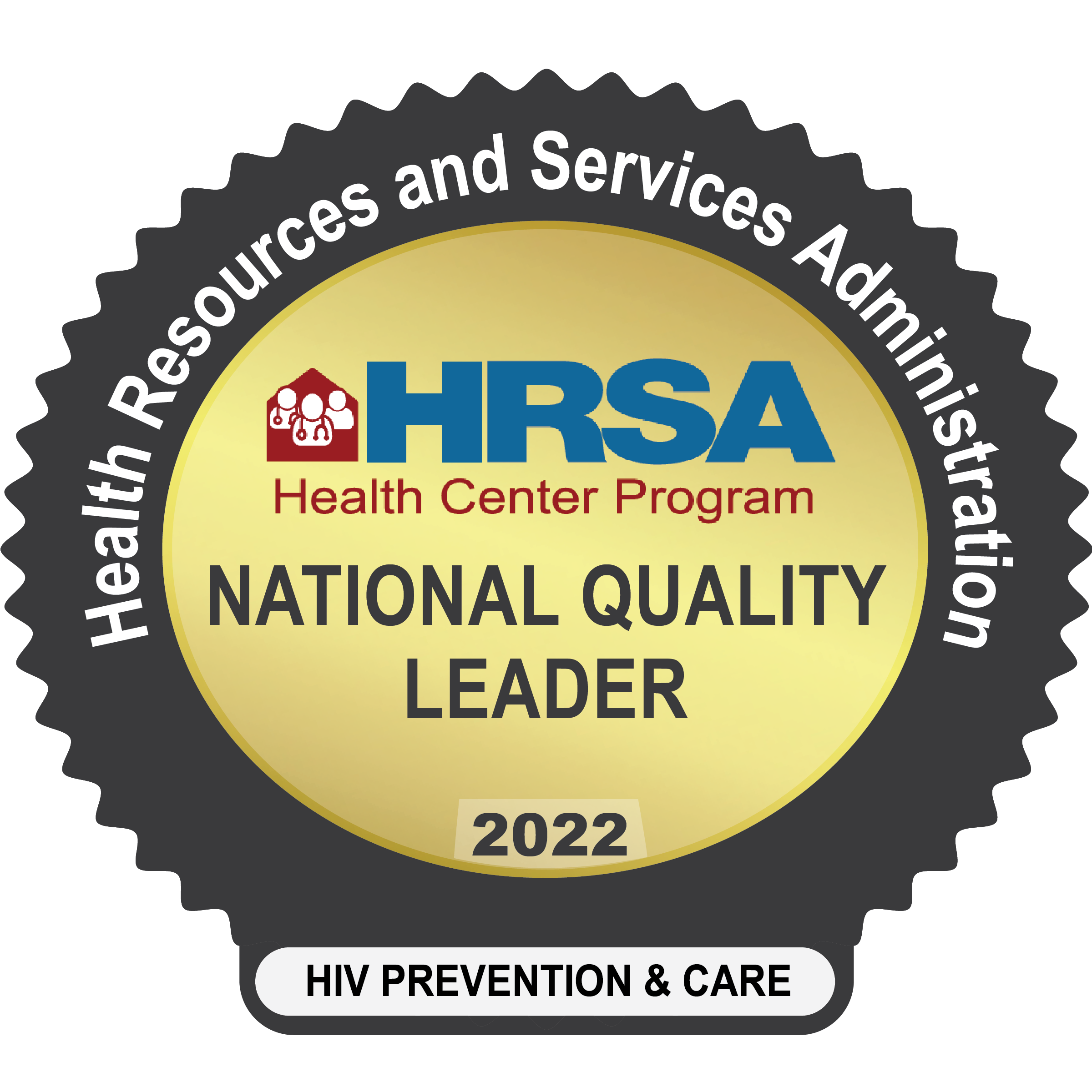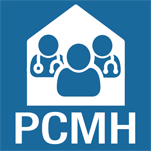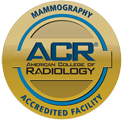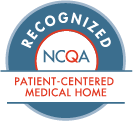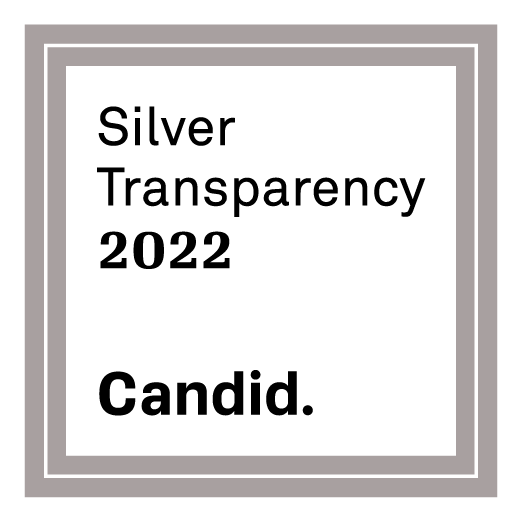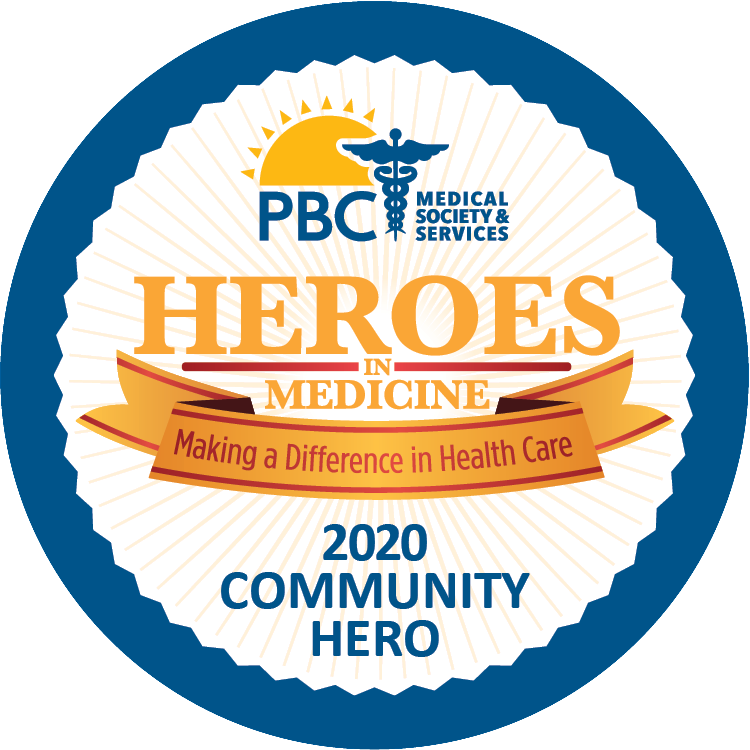Medications to prevent HIV infection, atno costto you.
Disclaimer: Since HIV is spread primarily through sexual practices or by sharing needles, prevention messages on this site may address these topics. If you are not seeking such information, or may be offended by such materials, please exit this website.
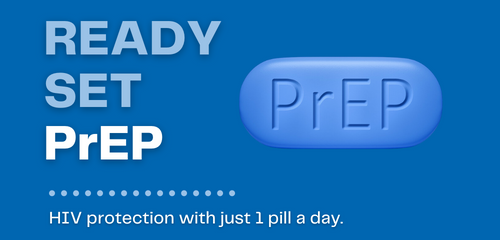
PrEP, or pre-exposure prophylaxis, is a pill to help keep you HIV-negative. When taken as prescribed, PrEP is highly effective. PrEP is safe and generally well tolerated. PrEP works for women, men, people of transgendered experience, people of sexual orientations and gender identities, youth, and people who inject drugs. PrEP may be an option for you if:
- You wonder how HIV impacts your life
- Condoms are not used with partners of unknown HIV status
- You or your partner(s) recently had gonorrhea or syphilis
- You want to have sex without condoms with a partner who has HIV
- You want to have a baby with a man living with HIV
- You have sex for money, food, housing, and/or drugs
- You inject drugs and share needles
PrEP is highly effective in preventing HIV. PrEP reduces the risk of getting HIV from sex by 99% when taken as prescribed.
How can I start PrEP?
Talk to your healthcare provider if you think PrEP may be right for you. Before beginning PrEP, a visit with a primary care provider will be required to assess your health (a fee may apply). You will also be required to take an HIV test to make sure you don’t have HIV before beginning PrEP.
What if I test positive for HIV at the time of my visit?
FoundCare has over 35 years of experience in infectious disease care. If you test positive for HIV, our care team will help you navigate through your treatment options, provide education, and refer you to other support services to help you along your health journey. HIV is no longer a death sentence. You can live a long and healthy life with the proper medication, precautions, and care.
How much does PrEP cost?
Most insurance plans and state Medicaid programs cover PrEP. Under the Affordable Care Act, PrEP must be free under almost all health insurance plans. That means you can’t be charged for your PrEP medication or the clinic visits and lab tests you need to maintain your prescription.
If you don’t have insurance or Medicaid coverage, there are other programs that provide PrEP for free or at a reduced cost. Your care team will help you find a program that is right for you based on what you qualify for.

PEP (post-exposure prophylaxis) means taking medicine to prevent HIV after a possible exposure. PEP should be used only in emergency situations and must be started within 72 hours after recent possible exposure to HIV. Talk right away (within 72 hours) to your health care provider about PEP if you think you’ve recently been exposed to HIV:
- During sex (for example, if the condom broke)
- Through sharing needles, syringes, or other equipment to inject drugs
- If you’ve been sexually assaulted
The sooner you start PEP, the better. Every hour counts.
Please contact Quinton Dames for more information regarding PrEP and PEP and how you can receive these medications at no cost to you.
Quinton Dames- Testing & Linkage Specialist: 561-472-9160 Ext. 136

